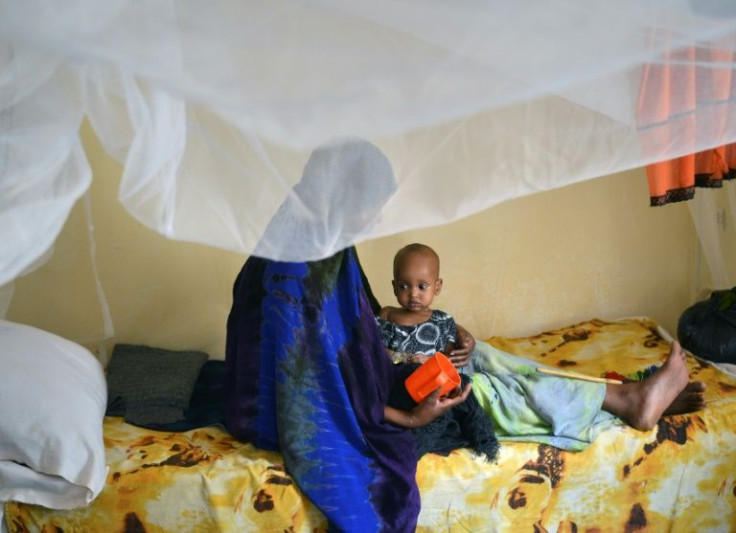How Will Humanity Survive Another Pandemic? This Study Has Answers
KEY POINTS
- The study shows pandemic refuge is a good risk management strategy
- The research team analyzed two years of COVID-19 data
- They found China and Western Australia acted as refuges during the pandemic
What should we do if another pandemic or a global catastrophe strikes? Well, our best bet will be to build and stay within a refuge.
In a new study, published in the journal Risk Analysis, researchers analyzed data from two regions – China and the state of Western Australia – to find clues as to how they managed to restrict the number of infections in the first two years of the COVID-19 pandemic. It was found that China and Western Australia acted as pandemic refuges during the global outbreak.
A "safe refuge" – on an island or in remote locations like the moon or underwater – is a place where a portion of the human population can remain alive during extreme global catastrophes.
How Will Humans Survive an Apocalypse? A New Study Has an Answer https://t.co/LFpRM6AMK1
— SciTechDaily (@SciTechDaily1) July 26, 2022
Both China and Australia share borders with other countries, yet they managed to keep a low level of COVID-19 infections. The number of cases per 100,000 people in China from March 2020 to January 2022 was 1,358 as opposed to 98,556 in the US. Meanwhile, there were just 49 official cases in Western Australia against 57,913 cases in the whole of Australia during the same period.
The study pointed out that geographic isolation (like on an island) is not a prerequisite for a pandemic refuge.
"China is a very clear case in point," said study co-author Seth Baum, a geographer and the executive director of the Global Catastrophic Risk Institute in Washington, D.C. "It has succeeded despite having the world's longest land border."
Both the places are on two ends of the spectrum – China is authoritarian and heavily populated in the most densely populated region of the world; Western Australia is democratic and sparsely populated in one of the most isolated regions of the world.
Yet, what unites them is that they both have a high level of centralization and a high capacity for self-isolation — China with its authoritarian government and Western Australia through its social isolation and strong economy.
"This is encouraging because it suggests that pandemic refuges can provide a high degree of economic support for outside populations during pandemics, an important element for achieving the global objective of refuges – the continuity of civilization," said Baum.
"Pandemic refuges are a risk management policy concept worthy of serious consideration alongside other public health measures such as vaccines and physical distancing," explained study co-author Vanessa Adams, a geographer at the University of Tasmania.

© Copyright IBTimes 2024. All rights reserved.





















